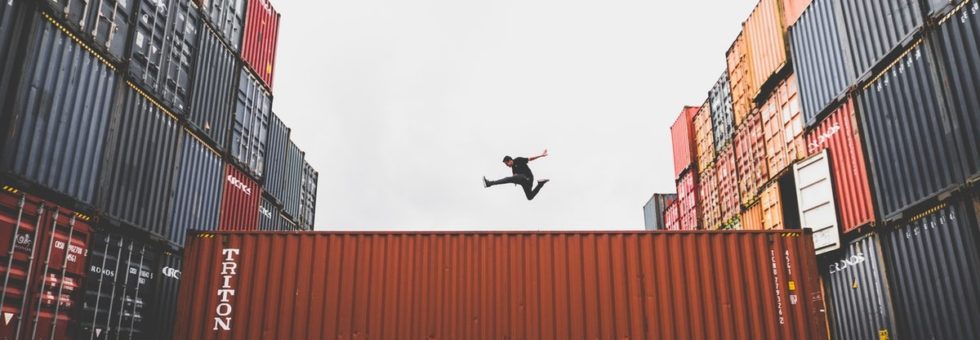
If you export goods and services to the European Union (EU), there are changes coming that will impact on how you account for VAT and duty in these EU member states.
The One Stop Shop system, which was previously only available for digital services, will now be extended to include other services subject to EU VAT. In addition, for goods worth less than 150 euros, your company can register for VAT through the new Import One Stop Shop (IOSS) in any of the current EU member states.
In theory, this should streamline the VAT process and will make it easier for EU member states to collect the VAT that’s due to them. But, as with most things related to VAT, it’s not quite as simple as that may sound!
How does EU VAT work at present?
From a UK VAT viewpoint, exports of goods and services are generally zero-rated or out-of-scope supplies. The EU requires VAT to be charged on most sales of business-to-consumer (B2C) goods and services. There’s also a different mechanism, generally driven by the EU purchaser, for business-to-business (B2B) sales.
How will things change from July 2021 once the new post-Brexit e-Commerce rules comes in?
- The IOSS system is intended to simplify the administration of VAT collection in the EU. It saves you, the supplier, from registering for ‘local’ VAT in each individual country and consolidates things into one system.
- The system is voluntary, but it makes good sense to make use of the IOSS if you can.
- Where sales are made through an online marketplace (OMP), such as Amazon or eBay, the supplier will generally calculate the VAT and deduct it from the amount paid over to the supplier. In effect, the supplier is charging the OMP as if it was an out-of-scope sale.
- NOTE: Payment platforms, such as Shopify, which aren’t involved in the order or delivery of goods aren’t OMPs.
How will the new changes affect your EU VAT?
So far, so good. But what impact will the new changes have to this system? And what will your business need to do to be compliant with the new EU VAT rules?
- If you’re supplying goods from the UK to all EU countries, and these goods have an intrinsic value per consignment of no more that EUR150, you can register for the IOSS in any EU country of your choice.
- If you export primarily to Rotterdam, for example, it makes sense to register in the Netherlands. Choose a member state where you understand the language and know the usual procedures. This will make filling out the required forms much easier.
- Having registered, you will charge VAT on each sale using the rate applicable in the customer’s country – this is important to remember.
- All sales made during each month are reported together, analysed by country. A single payment is then made to the tax authority in whichever EU member state the supplier has registered for the IOSS.
- The tax authority in the member state where you are registered will then distribute the VAT collected to the individual countries.
- IOSS can’t be used for goods subject to excise duty in the destination country, or for consignments with an intrinsic value exceeding EUR150. For these, the customer is liable for excise duty and VAT – which will push up the overall cost for consumers. ‘Intrinsic value’ is the sales value excluding insurance and carriage costs.
- For services, the non-Union Mini One Stop Shop (MOSS) is being extended to cater for all B2C sales of services from UK to EU customers. Previously, this has been restricted to digital services but will now cover all services.
Talk to us about the upcoming changes to EU VAT
If your UK business supplies goods or services from the UK to customers in EU countries, you have a choice to make. You will be able to use one, or both, of the IOSS and MOSS systems to account for the VAT on your goods and.or services.
As your accountant and tax adviser, we can run you through the EU VAT options and help you make the right choice – so your VAT process is as simple and straightforward as possible.
Get in touch to talk through your EU VAT requirements.
